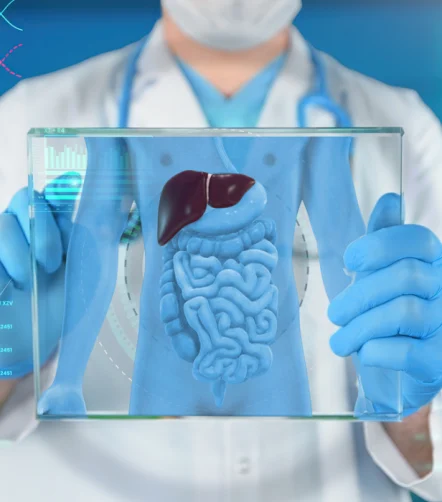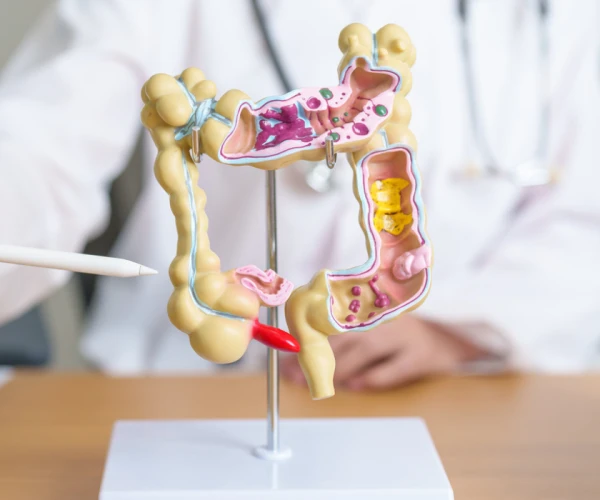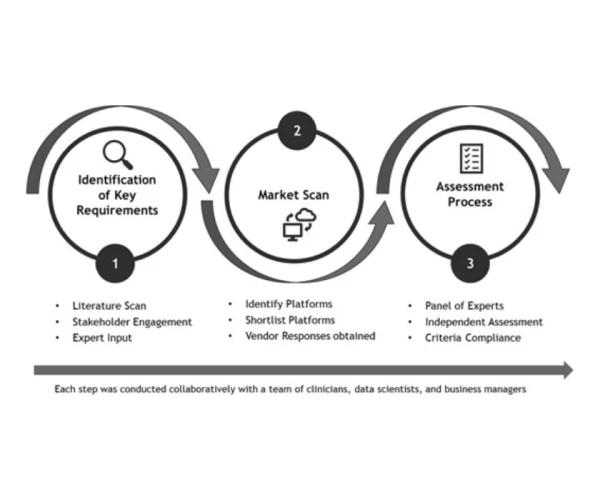Latest News
-

Advancing Taiwan's Healthcare: AI and Accelerated Computing at NHRI & CGMH
- Decision Support
- 12/06/2024
Taiwan’s leading medical centres, the National Health Research Institute (NHRI) and Chang Gung Memorial Hospital (CGMH), are advancing biomedical...
READ MORE -

ESR Essentials: Prostate MRI Scoring System ESUR Recommendations
- Decision Support
- 28/05/2024
Prostate MRI is pivotal in managing prostate cancer, employing tools like PI-RADS for detection and localization. Various MRI-based scoring systems...
READ MORE -

New Tumour Preservation Technique Supports Precision Oncology
- Decision Support
- 05/03/2024
A pioneering platform has been developed by scientists from the National University of Singapore (NUS) and the National Cancer Centre Singapore (NCCS
READ MORE -

2024 Best in KLAS – Global Software
- Decision Support
- 08/02/2024
KLAS published the 2024 Best in KLAS – Global Software report. This report highlights the top performing global (non-US
READ MORE
INFO
IMAGING
ICU
IT
CARDIOLOGY
JOURNALS
EVENTS
FACULTY
PARTNERS
BLOG
VIDEOS
CONTACT US

EU Office
Rue Villain XIV 53-55
B-1050 Brussels, Belgium
Tel: +357 86 870 007
E-mail: [email protected]
EMEA & ROW Office
166, Agias Filaxeos
CY-3083, Limassol, Cyprus
Tel: +357 86 870 007
E-mail: [email protected]
Headquarters
Kosta Ourani, 5
Petoussis Court, 5th floor
CY-3085 Limassol, Cyprus
E-mail: [email protected]
HealthManagement.org © 2024 All rights reserved.







